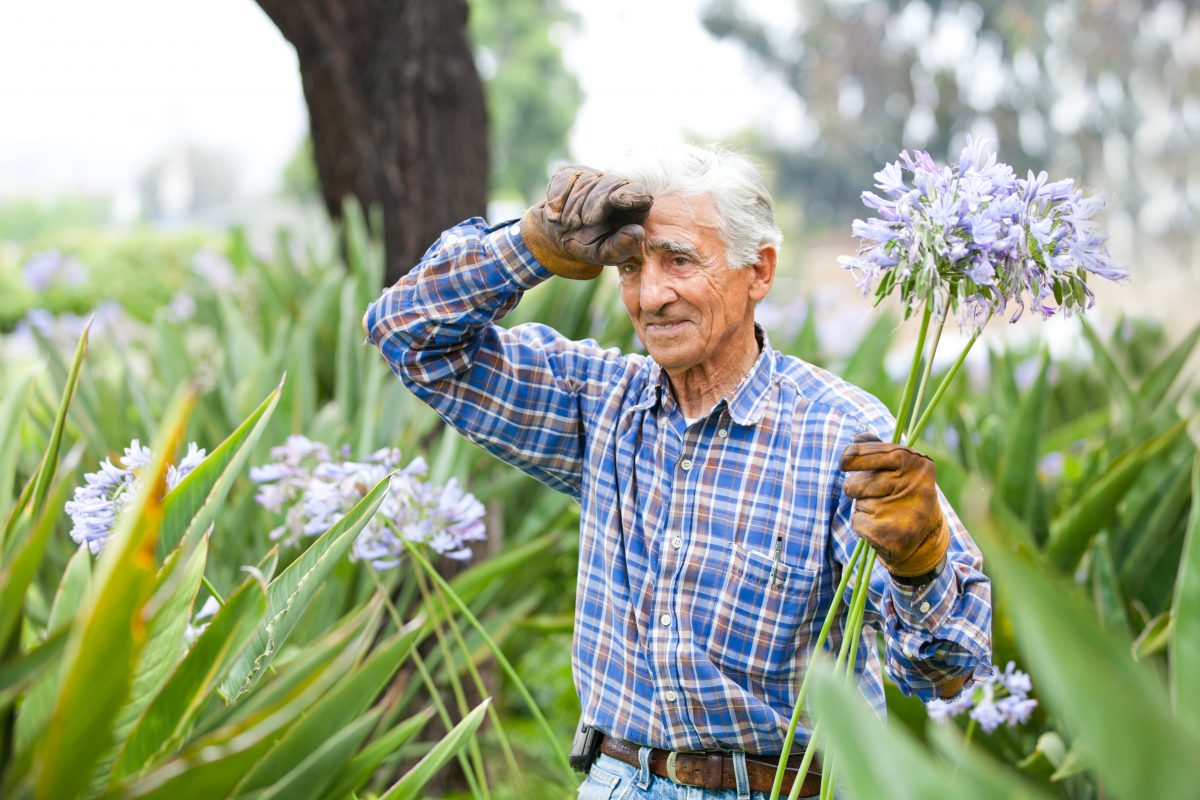During summer, Tennessee gets hotter than Prince’s hot chicken. So it’s important to understand heat-related illnesses like heat exhaustion and heat stroke. Both conditions can occur after too much time in high heat and humidity, yet the symptoms of these two conditions are quite different.
What Is Heat Exhaustion?
According to the Mayo Clinic, heat exhaustion can occur when you’ve been exposed to high temperatures, humidity and/or overexertion. Ultimately, this heat illness occurs when your body can’t cool itself through sweating.
Symptoms include a rapid pulse, profuse sweating, dark-colored urine, nausea/vomiting, muscle cramps, headache and clammy skin. It’s important to seek medical treatment if you think you have heat exhaustion, as it could lead to heat stroke.
What Is a Heat Stroke?
Heat stroke occurs after you’ve been in the sun so long that your body’s temperature stays at 104 degrees Fahrenheit or higher.
The risk of heat stroke is higher for those who work outdoors and those with mental illness, as well as overweight and obese individuals, the elderly and children (especially infants), those with poor circulation, those who take certain types of medications and those who drink large amounts of alcohol. You should know that this condition can occur rapidly and require emergency treatment.
Common symptoms of a heat stroke include disorientation and confusion, agitation, fatigue, sluggishness, dizziness, trouble breathing, fainting, an inability to sweat, a high body temperature, seizures, hallucinations, flushed skin, an accelerated heart rate and a loss of consciousness.
Heat stroke is the most serious heat illness according to John Hopkins Medicine. It can be life-threatening so it’s extremely important you seek emergency care if you suspect you’re experiencing it.
Prevention
According to NHS, you can help prevent heat exhaustion and heat stroke by drinking plenty of cold liquids, taking cold showers or baths, avoiding the sun between 11 a.m. and 3 p.m. as well as wearing loose, light-colored clothes with sunglasses, a floppy hat or umbrella. The organization also recommends staying indoors during especially hot and humid days, spritzing yourself with water, pacing yourself when exercising and drinking less (or no) alcohol.
The best way to protect yourself from a heat condition is to pay attention to how you feel. If something doesn’t feel right, stop what you’re doing, go inside, drink fluids and call your doctor.
Advice or recommendations are for informational or educational purposes only, not a substitute for a visit or consultation with your doctor.
Get more information about specific health terms, topics and conditions to better manage your health on bcbst.com. BlueCross BlueShield of Tennessee members can access wellness-related discounts on fitness products, gym memberships, healthy eating and more through Blue365®. BCBST members can also find tools and resources to help improve health and well-being by logging into BlueAccess and going to the Managing Your Health tab.



WellTuned provides inspiration and practical advice for healthy living.
WellTuned does not offer medical advice. Any personal health questions should be addressed to your doctor.